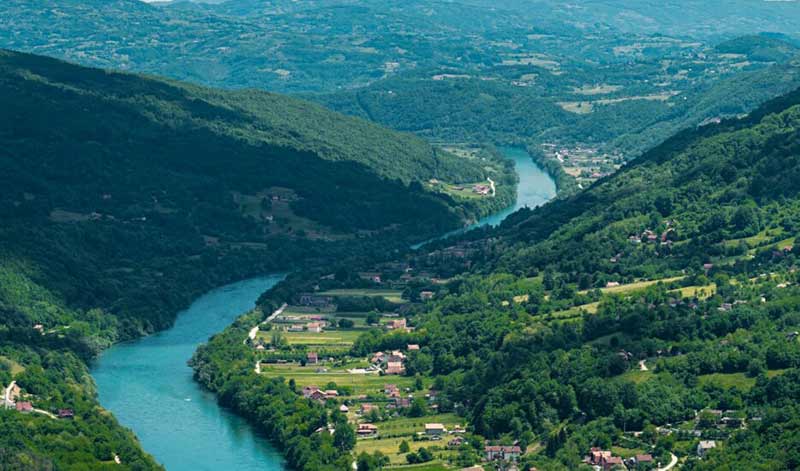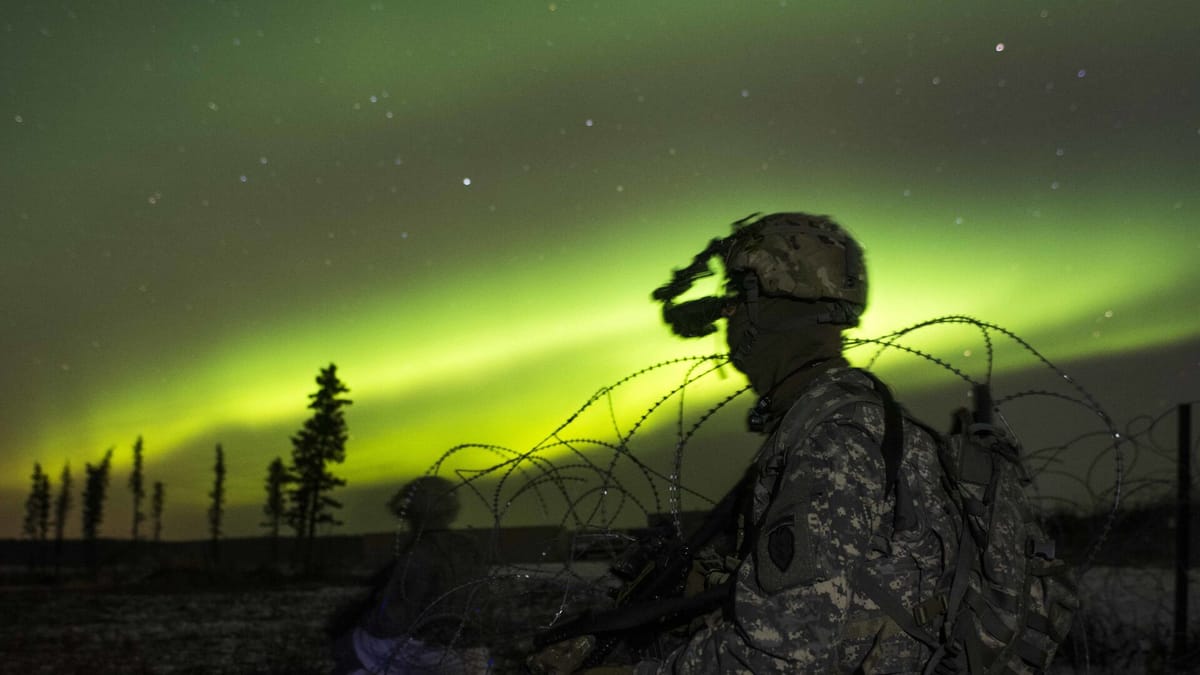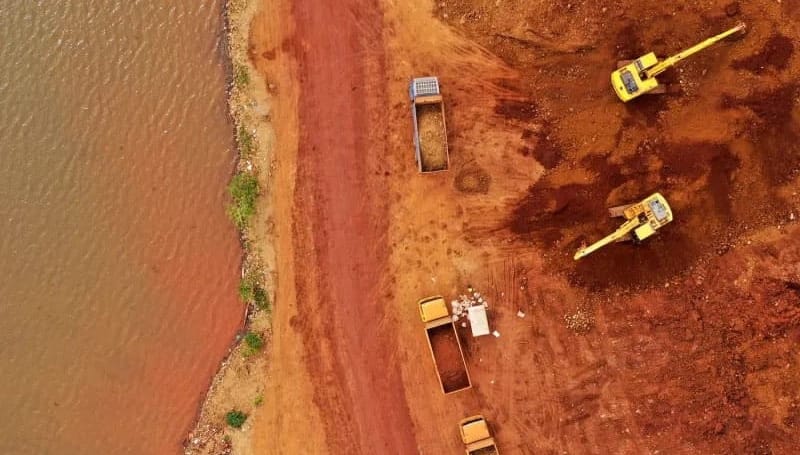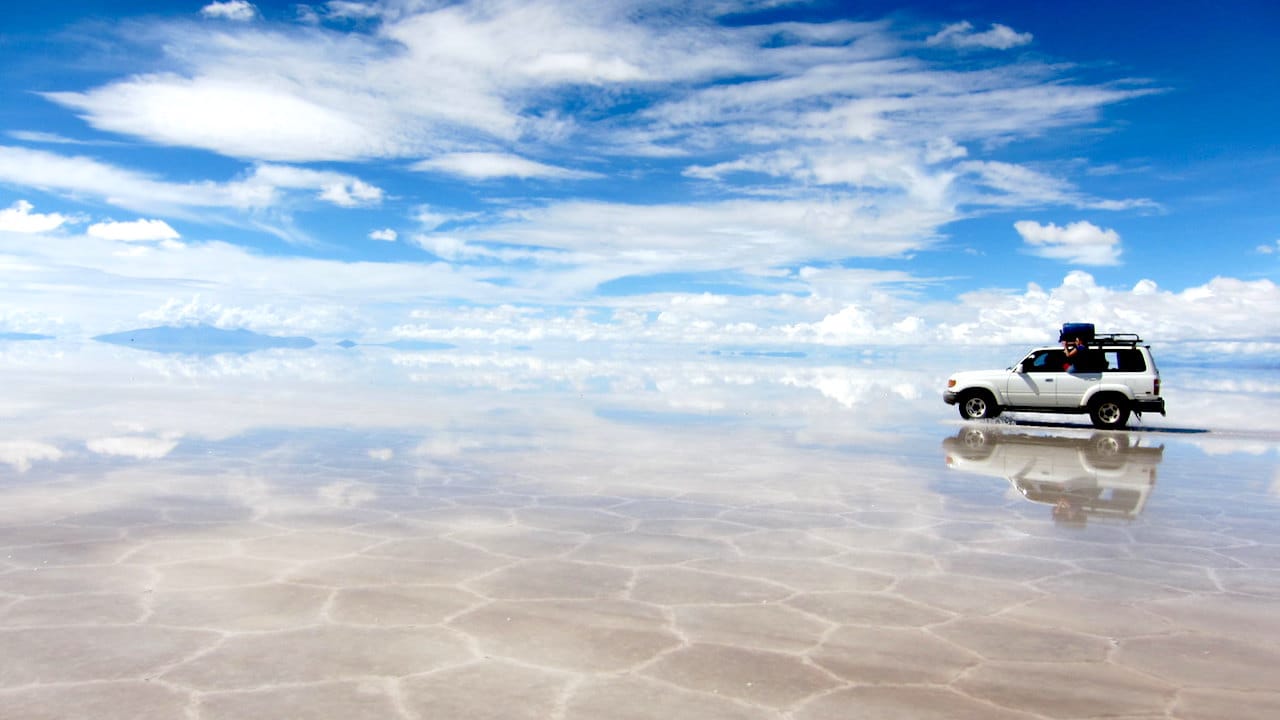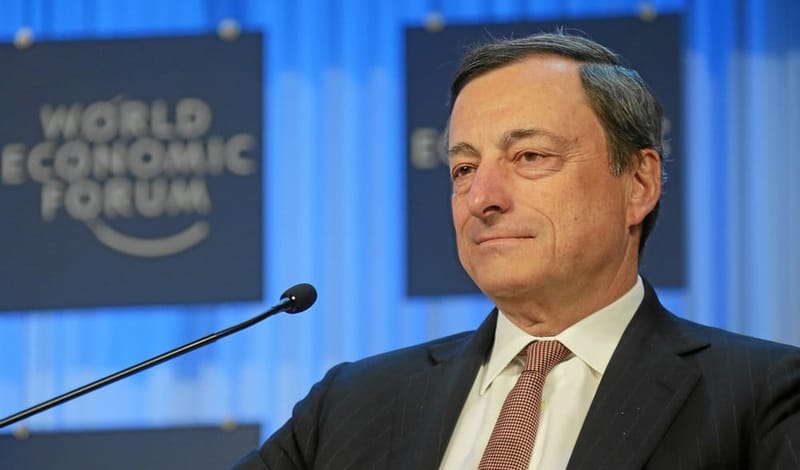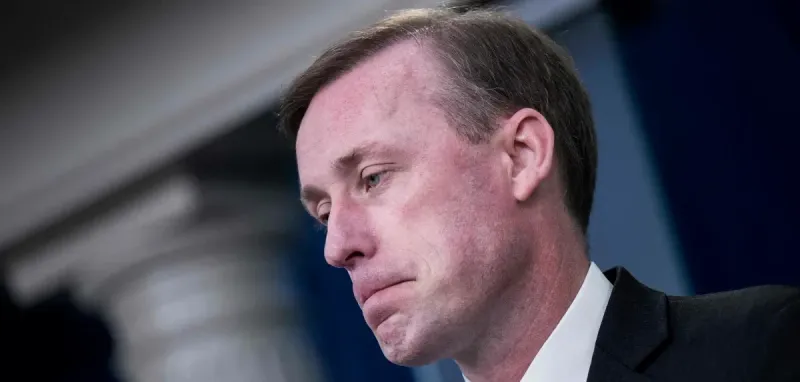Global Power Struggle Over Lithium: Bolivia and Its Neighbors in the Fight for 'White Gold'
Bolivia sits atop 23% of the world’s lithium reserves, positioning it as a key player in the global transition to clean energy
On June 26, 2024, Bolivia was thrust into political chaos as dissident officers, led by General Juan José Zúñiga, launched an attempted coup, with armed troops occupying Plaza Murillo in La Paz, the nation's political heart. The coup followed weeks of mounting political and economic instability, marked by a rift between President Luis Arce and former President Evo Morales within the ruling MAS party. The army withdrew under domestic and international pressure, but the event underscored Bolivia's deepening crisis and the fierce battle for control over the country's vast lithium reserves—resources that are crucial in the global push towards green energy.
The Economic Woes Behind the Coup
Army Commander Zúñiga accused President Arce's government of "impoverishing" Bolivia, a country grappling with severe economic challenges. Under Arce’s leadership, Bolivia has faced dwindling foreign reserves, a growing fiscal deficit, and a severe shortage of US dollars. The economic strain has been further exacerbated by the soaring costs of oil subsidies due to the Ukraine war and tightening global financial conditions. Low commodity prices have hit Bolivia's mineral-dependent economy hard, and despite its vast reserves—including lithium, essential for battery manufacturing—Bolivia has struggled to capitalize on these assets.
Bolivia's current economic plight is stark, with the International Monetary Fund (IMF) projecting growth at a mere 1.6 percent. The nation's economic struggles are compounded by decades of political instability, high income inequality, and extreme poverty, especially among its Indigenous population. While Morales’ 14-year presidency brought relative stability and lifted many out of poverty, Arce's term has seen renewed unrest, including deadly strikes led by right-wing forces in provinces like Santa Cruz against government policies.
Lithium and the Global Power Play
Lithium, often dubbed "white gold," is a critical component for batteries powering electric vehicles and renewable energy storage. Bolivia sits atop 23% of the world’s lithium reserves, positioning it as a key player in the global transition to clean energy. Alongside Argentina and Chile, Bolivia forms the Lithium Triangle, which collectively holds more than half of the world’s lithium resources. However, while Argentina and Chile have ramped up their production, Bolivia's output remains negligible due to political and regulatory barriers.
China has emerged as the dominant force in the global lithium market, leveraging state-backed investments to secure access to Latin America's lithium resources. Chinese companies, like CATL—the world's largest electric vehicle battery maker—have invested billions in the region, including Bolivia. These investments are part of China's broader strategy to dominate the supply chain for electric vehicles and renewable energy technologies. In contrast, the U.S. has lagged, lacking a comprehensive strategy to secure lithium supplies, often finding itself outmaneuvered by China in the geopolitical race for resources.
Bolivia’s Lithium Challenges and Regional Impacts
Despite its potential, Bolivia's path to lithium industrialization is fraught with obstacles. The Bolivian constitution mandates state control over lithium extraction through Yacimientos de Litio Bolivianos (YLB), restricting private and foreign involvement. This has deterred many international investors who are wary of Bolivia's stringent regulations and the political risks involved. The country’s cautious approach stems from historical fears of losing natural resources to foreign exploitation—a legacy that continues to shape its resource policies.
Bolivia’s internal political strife has also stymied progress. In 2019, public protests forced the government to cancel a joint lithium project with a German company, highlighting local communities' concerns over benefiting from resource extraction. This mistrust has made it difficult for Bolivia to attract the foreign investment needed to develop its lithium sector.
Chile, the second-largest lithium producer globally, has managed to strike a balance between state control and foreign investment, with recent policies under President Gabriel Boric aimed at ensuring national benefits from lithium wealth. Argentina, taking a more open-market approach, has swiftly expanded its lithium production, attracting significant investment from China, the U.S., and other international players. Both countries have positioned themselves as key suppliers in the global lithium market, leveraging foreign partnerships while navigating their unique challenges.
A Strategic Resource in a Changing World
The struggle for control over lithium in the Lithium Triangle is not just about economic opportunity; it is also about geopolitical influence. For China, securing lithium sources in Latin America is crucial to maintaining its lead in electric vehicle and battery production. For the U.S., establishing a foothold in the region’s lithium market is vital to counterbalance China's growing dominance. Bolivia, Chile, and Argentina are thus at the center of a strategic contest that will shape the future of global energy and power dynamics.
Bolivia now stands at a critical juncture. If it can overcome its political and regulatory hurdles, it has the potential to transform its lithium reserves into a major economic boon. However, this will require balancing national sovereignty with the need for foreign expertise and investment. As global demand for lithium is expected to quadruple by 2030, Bolivia must act swiftly to secure its place in the rapidly evolving energy landscape.
The outcome of this regional power struggle will not only determine the economic futures of Bolivia and its neighbors but also redefine their roles in the global order. For Bolivia, capitalizing on its lithium wealth could mean shifting from a position of vulnerability to one of strategic importance in the race for clean energy—a race that will increasingly define the 21st century.
You might enjoy reading some similar articles we've already published.
